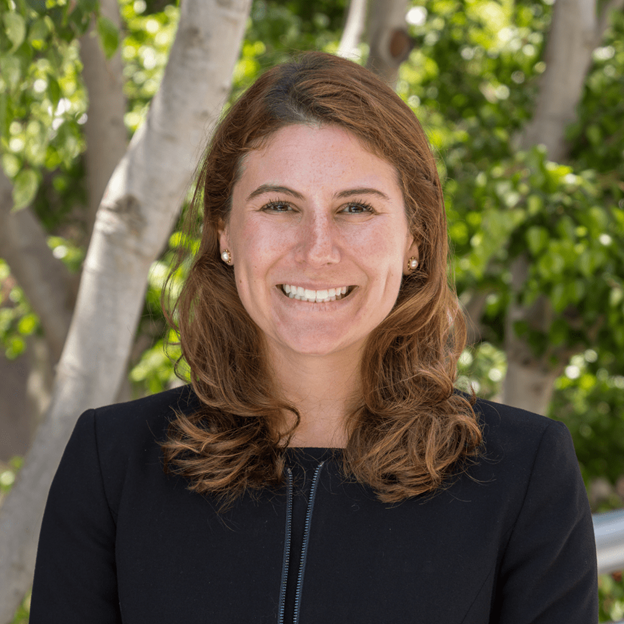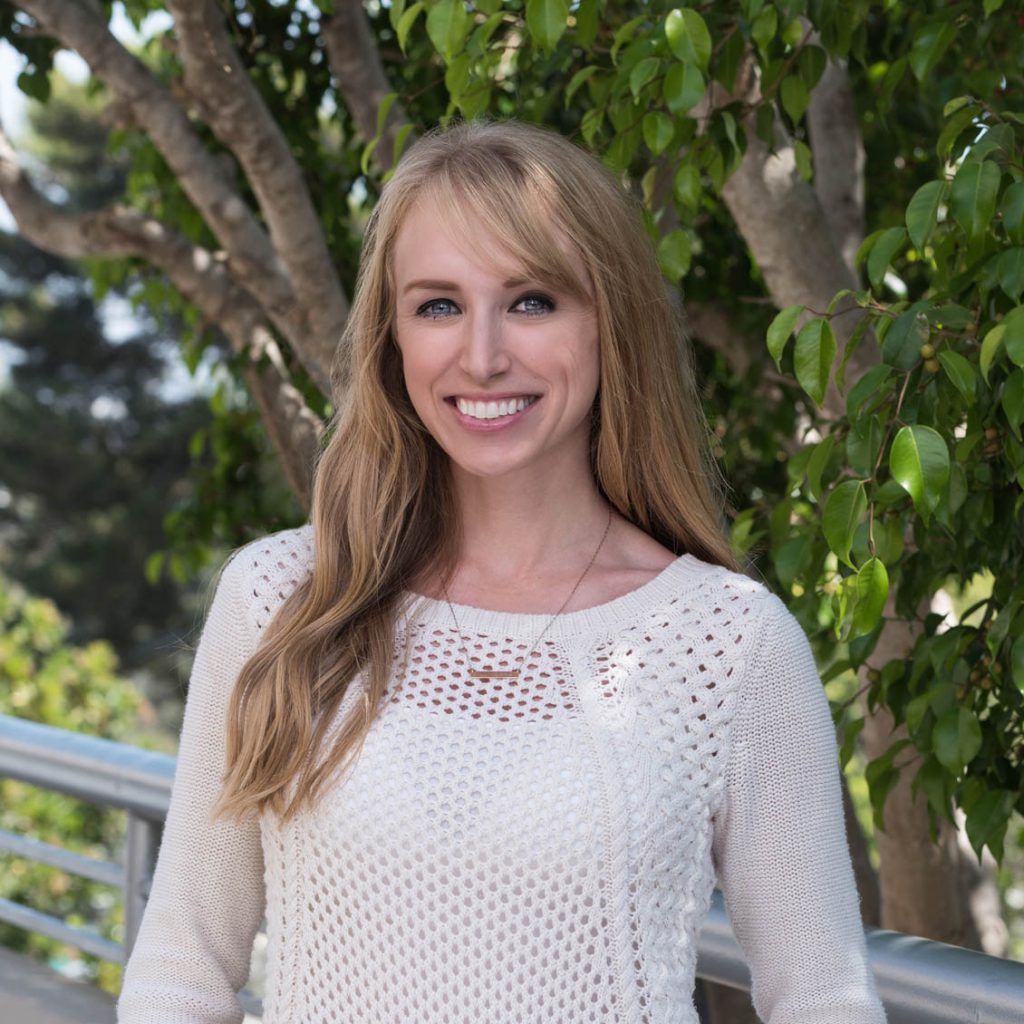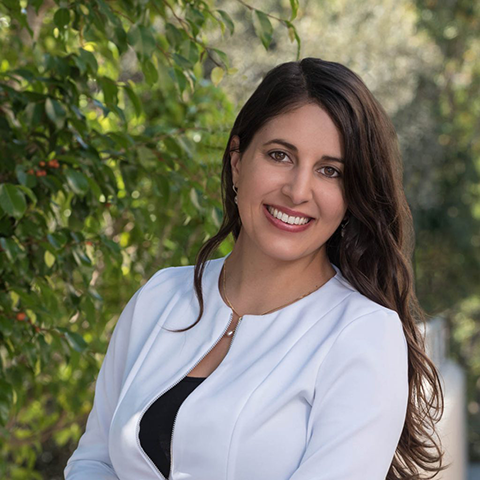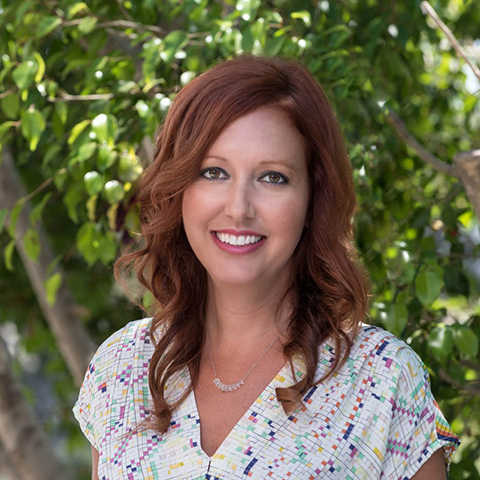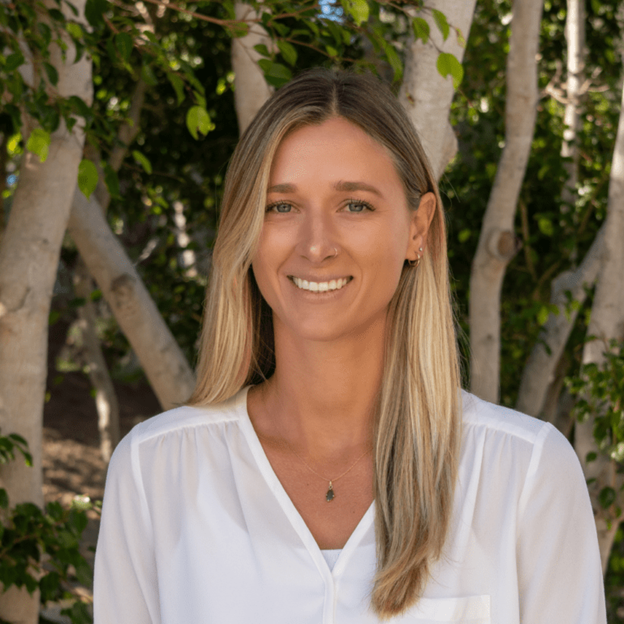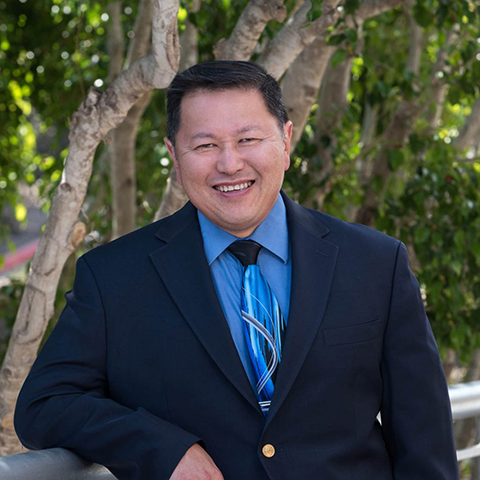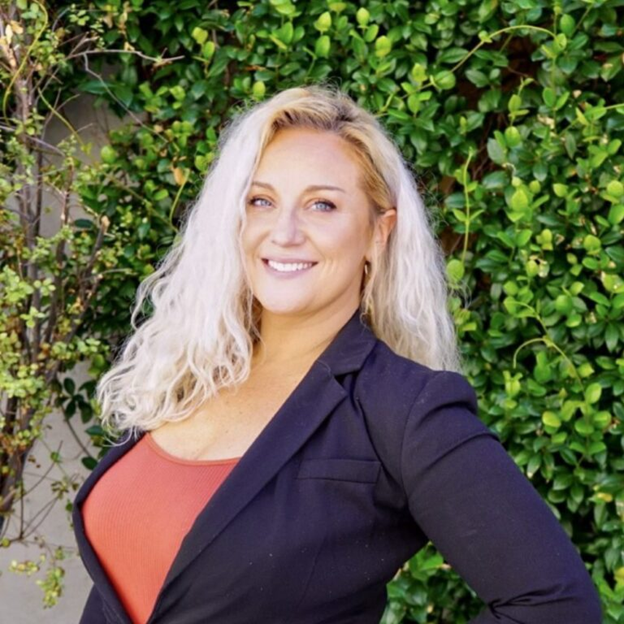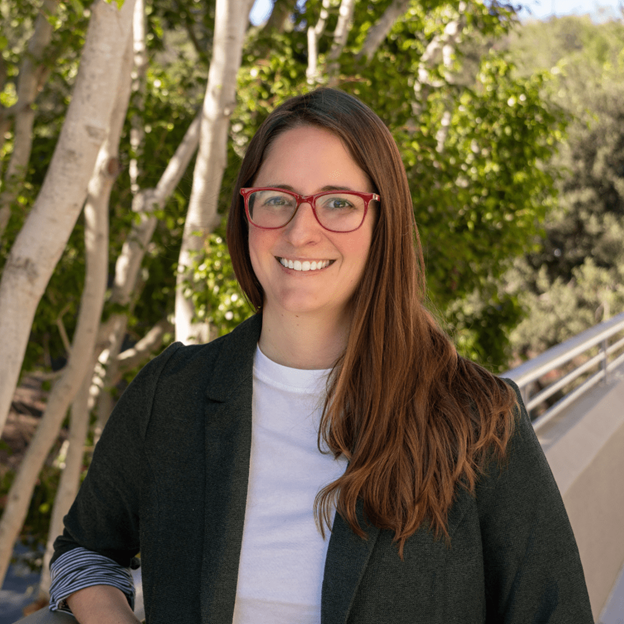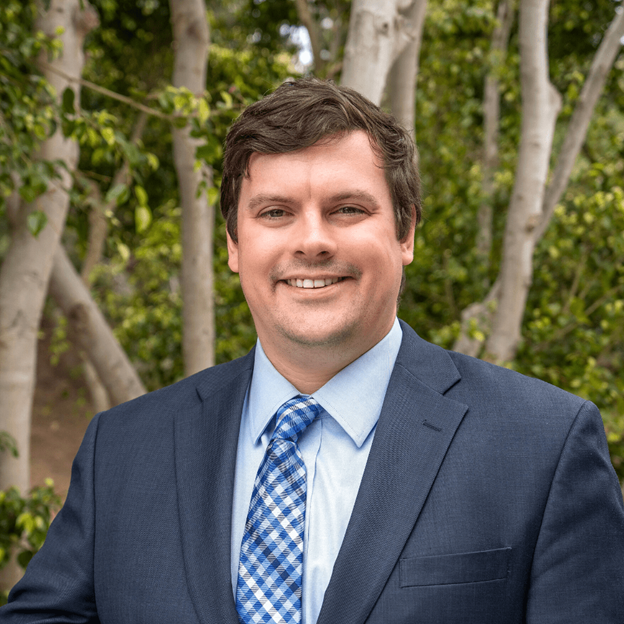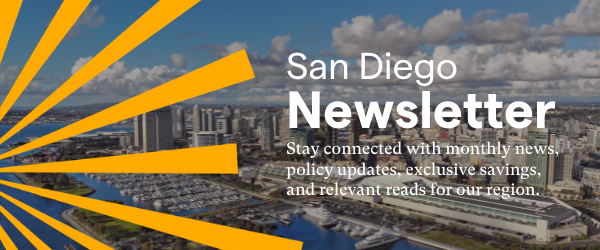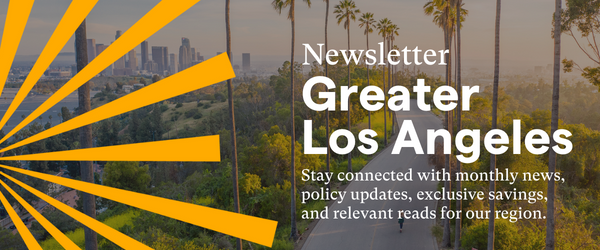|
What’s Inside: Our Annual Advocacy Fly-In to D.C.; Gov. Newsom’s Revised Budget; Potential Gas and Boilers Bans in LA; ‘Keep Innovation in Berkeley’ Goes to Planning Commission; SANDAG Appoints New CEO; and more.
|
|
Biocom California Hosts Emerging Technologies Advocacy Fly-In
Biocom California recently held our annual fly-in in Washington, D.C., April 29 through May 1. Members from California, London and Sydney had the opportunity to meet with federal agencies, Members of Congress, and congressional committees. This year, the group was comprised of innovative medical device, artificial intelligence (AI) and diagnostic companies that advocated for policies impacting emerging technologies. Read more about our eighth fly-in here.
|
|
 |
|
|
|
Emerging Technologies Advocacy Fly-In participants pause for a picture in between meetings with Members of Congress on the final day of the event.
|
|
|
|
Appropriations Letters Submitted to Congress
Each year, Congress is tasked with appropriating funding for the myriad programs that keep the government running. Biocom California is a stakeholder in this process and submits letters outlining our member-driven priorities to Congress, asking for support for programs critical to life sciences. Among other things, we are requesting $51.3 billion in discretionary funding for the National Institutes of Health and $4 billion for the Food and Drug Administration.
|
|
|
|
|
Governor’s Office Unveils Revised Budget
On May 10, Gov. Gavin Newsom unveiled his revised budget and tabbed the deficit at $44.9 billion through FY2024-25. His proposal closes the gap with a melange of spending cuts, deferrals, tapping into emergency reserves, some increased taxes and some accounting maneuvers. This includes a suspension of Net Operating Losses (NOL) and limitation of tax credits including the Research and Development tax credit to $5 million—suspending the carryover NOL tax deduction for businesses with California income over $1 million and limiting business credit usage to $5 million for tax years 2025, 2026 and 2027, with a trigger to restore if sufficient revenues are determined to be available in the 2025-26. These proposed deficit solutions replace and expand the Governor’s budget proposal to limit NOLs to 80 percent of taxable income. Newsom is also proposing to clarify the laws around when a corporation receives income that is excluded from taxable business income, it must exclude this income from its apportionment factor. This would affect the Microsoft Decision, resulting in a $660 million tax revenue increase over five years. The Legislature can alter the Governor’s proposals and advance their own initiatives as they continue negotiating a budget bill, which they must pass by midnight on June 15.
|
|
|
|
|
|
|
Greater Los Angeles
|
Potential Natural Gas Water Heaters and Boilers Ban
The South Coast Air Quality Management District (SCAQMD) is poised to vote on a proposed amended rule that would phase out natural gas water heaters and boilers in LA, San Bernardino, Riverside and Orange counties. If passed, it would apply to all new and existing commercial and multifamily units, with mandatory compliance by 2026 for new buildings and 2029 for existing. SCAQMD’s projected costs fall between $49 and $97 million per year, but outside experts estimate costs five to ten times higher.
|
Los Angeles City Council Puts Redistricting Commission on Ballot
The Los Angeles City Council unanimously voted to place a Charter Amendment on the November ballot, establishing an Independent Redistricting Commission for the city. City Council President Paul Krekorian emphasized the governance reform committee’s work, incorporating public input and expert opinions. The amendment aims to remove redistricting from Council control and shift to a voter-driven process.
|
Mayor Karen Bass Presents Proposed Budget
Mayor Karen Bass presented her proposed city budget, aiming to address key issues like mental health and public safety. The $12.6 billion budget allocates funds for housing, mental health services, and police reforms, while making cuts to city jobs and her signature homelessness initiative. City council members expressed concerns about lowering police spending and advocated for more community investment.
|
|
|
|
Bay Area
|
‘Keep Innovation in Berkeley’ Presented to Planning Commission
On May 1, the City of Berkeley Planning Commission heard from Berkeley’s Office of Economic Development on Keep Innovation in Berkeley, a package of zoning changes that would make it easier for life science companies to operate and grow in Berkeley. The hearing was a chance for the commission to review the plan, ask questions and give feedback. Biocom California has been working with the city to develop this set of policy changes over the past few years and we again spoke in favor of it at the hearing. Staff will tentatively be back at the Planning Commission to hold a public hearing on July 17.
|
Redwood City Gross Receipts Tax
Redwood City is considering a measure for the November ballot to transition from the current business license tax to a gross receipts tax model. The City Council directed staff to engage with the business community, and Biocom California will be active in those discussions. Join Redwood City on May 28 to discuss the impacts on the life science industry. For more information, please contact Bay Area Policy Manager Christy Shirilla at [email protected].
|
Santa Clara County Congressional Race Recount
Assemblymember Evan Low won a recount in Silicon Valley’s open congressional race, beating Santa Clara County Supervisor Joe Simitian for second place by five votes. The recount, spanning San Mateo and Santa Clara counties, saw Low gain 12 additional votes while Simitian gained seven. Originally, the two candidates tied in the primary. Low will advance to the ballot in November against Sam Liccardo.
|
|
|
|
San Diego
|
University City Plan Public Hearings
Following five years of community meetings, the University Community Plan Update will have a public hearing on May 30 at the city’s Planning Commission. Biocom California has been participating in these conversations since their inception—providing input on the evolution and needs of the life science industry, including additional workforce housing and flexibility for labs to be located closer to homes and amenities. The plan will dictate land use in the life science hub over the next 30 plus years. After the commission hearing, the city plans to bring the plan update to its Land Use and Housing Committee and City Council by the end of July. Further details can be found on the project’s website.
|
City of San Diego FY 2025 Proposed Budget
San Diego Mayor Todd Gloria proposed a $5.65 billion budget for FY 2025, prioritizing city improvements and preserving services amidst economic challenges. The plan addresses homelessness, housing, infrastructure and public safety. The mayor has faced some criticism around proposed cuts to affordable housing and equity programs, while minimal cuts are planned for police and fire services. The budget will undergo public hearings and revisions before final adoption in June.
|
SANDAG Appoints New CEO
The San Diego Association of Governments (SANDAG), the county’s transportation authority, appointed Mario Orso as its new chief executive officer after a nationwide search. Praised for his expertise by the SANDAG board, Orso vows a commitment to regional needs. He begins June 17, overseeing SANDAG’s operations, budget, and vital projects, emphasizing partnership for community progress.
|
|
|
|
|
|
|
Upcoming Committee Meetings and Events
|
|
|
|
|
|
|
|
Zoe Bilis
Manager of Regulatory Policy
Washington, D.C.
|
|
|
Emily Cassel
Govt. Affairs Events & Project Manager
San Diego
|
|
|
Laure Clark
Sr. Director, Federal Policy & Govt. Affairs
Washington, D.C.
|
|
|
|
Melanie Cohn
Sr. Director, Regional Policy & Govt. Affairs
SD, LA, Bay Area
|
|
|
|
Jimmy Jackson
Senior Vice President
& Chief Policy Officer
San Diego
|
|
|
Casey O’Neill
Policy & Workforce Dev. Manager
Greater Los Angeles
|
|
|
|
Biocom California Advocacy
Biocom California is the largest, most experienced leader and advocate for California’s life science sector. Our public policy staff is strategically located in the Bay Area, Los Angeles, San Diego, Sacramento and Washington, D.C. We work with federal, state, and local governments to collectively pursue outcomes that benefit regional life science growth and contribute to a more innovation-friendly state. With over 28 years of experience, Biocom California works on behalf of more than {{{dynamic_content_1600}}} member companies statewide.
|
|
|












